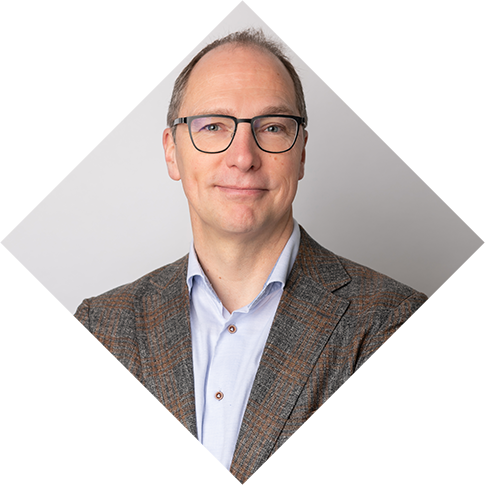7 reasons to join the Bioport community in greater Rotterdam – The Hague
Companies that want to produce clean products, fuels and energy will find an ecosystem in our region with 10 world-leaders in the biobased industry, over 150 years of expertise in industrial biotech in Delft and Europe’s largest port in Rotterdam.
The BioPort Region in greater Rotterdam – The Hague is the largest biofuel cluster in Europe and invests heavily in the use and storage of CO2, green & blue hydrogen and biobased innovation, infrastructure and new industry. No less than 150 chemical companies are located in our region, and 400 in the Netherlands, including 10 global leaders in the biobased industry, such as Royal DSM, Cargill, Corbion, Dupont, Alco Energy and Neste.
This region originally had a strong legacy in the petrochemical industry, which translates into great business opportunities and a strong commitment to sustainability.
Technology development and piloting in Delft
Companies in all phases of growth – from startup to corporate – can work on the solutions of tomorrow in the Dutch BioPort Region. For example, Delft offers demo and test locations for biobased innovation, in the Bioprocess Pilot Facility, located at Biotech Campus Delft, Plant One and The Green Village. It is a true breeding ground for new high-quality biobased products, including chemical specialties and foods. There is close cllaboration with TU Delft, which is world-leading in industrial biotech and chemical engineering. Moreover, there is a lot of experience in supporting startups and SMEs at incubator YES!Delft, PlanetB.io and InnovationQuarter.
Feedstock and upscaling in Rotterdam
With the largest port in Europe, Rotterdam offers every opportunity to scale up green chemistry innovations to an industrial scale. Everything you need is there, from industrial hydrogen to a CO2 network and natural gas. Port of Rotterdam annually imports 10 million tons of agribulk, 8 million tons of vegetable oil and 0.9 million tons of biomass. Local, cost-competitive feedstock is available: sugar beets, horticultural residues and waste oil.
The Dutch BioPort Region is driven to build a future-proof industry that proactively contributes to a sustainable society and a strong economy. This region has all facilities available to facilitate companies through all phases of growth: from lab, to pilot and commercial operation. The Dutch BioPort Region has all the ingredients to become the number # 1 hub for sustainable and circular industry.
Read more about the biobased or circular economy here.





